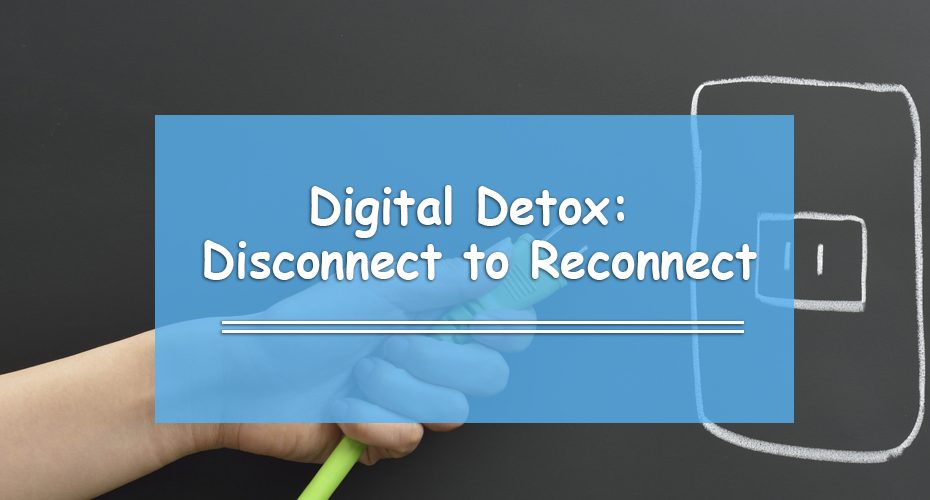If you are of a certain age, you have no difficulty in remembering a time before home computers, the internet, smartphones, and social media. You probably remember the only way to get in touch with people was to make a landline call and leave a voice message on a recording system if they were not at home.
Later, there were pagers. You could leave your number, and the person with the pager knew you were trying to get in touch. Before rudimentary cell phones, people would access payphones to make calls to the numbers on their pagers when they were on the go.
Always Available
Now, we are constantly in touch with everyone all the time. This is not just friends, family, and work teams; it is literally anyone from anywhere in the world who finds us through social media sites or website information. We take our cell phones everywhere, and they also keep tabs are where we are. Our phones are constantly beeping, flashing, pinging, and ringing, often long after we have gone to bed.
According to a study by Reviews.org, 1000 Americans were surveyed regarding cell phone use. On average, people in the USA spend 3 hours and 19 minutes per day on their phone, with only 36 minutes of that time spent texting and in phone conversations. The rest is social media interactions, games, and using apps.
Researchers have developed specific definitions for issues people are having around cell phones and devices. Nomophobia is the fear of not having your phone with you, sending people in a panic. It is also not uncommon for people to feel phantom vibrations, or sensing an alert on their device without an actual notification. While there is no “cell phone addiction,” the chronic and impulsive use of cell phones is a problem for some people.
Overcoming the Overuse of Devices
A simple way to help overcome the need to constantly check your phone or to give yourself a break from an “always available” status is to set aside one day a week to leave your device behind. A great name for this is the Digital Detox Experiment.
The experiment rules are simple. You will choose one 24-hour period throughout the week to turn your phone off or leave your device behind. This does not mean you are out of touch with others; it just means you are not using your phone for anything other than a phone.
During the 24-hours, do not use your phone, or any other device, for surfing the web, checking out social media, playing online games, watching videos, or any other type of activity.
Try this as an experiment and see how you feel. You may be surprised at how difficult it is to disconnect from your device, but how positive you feel after taking a break.

